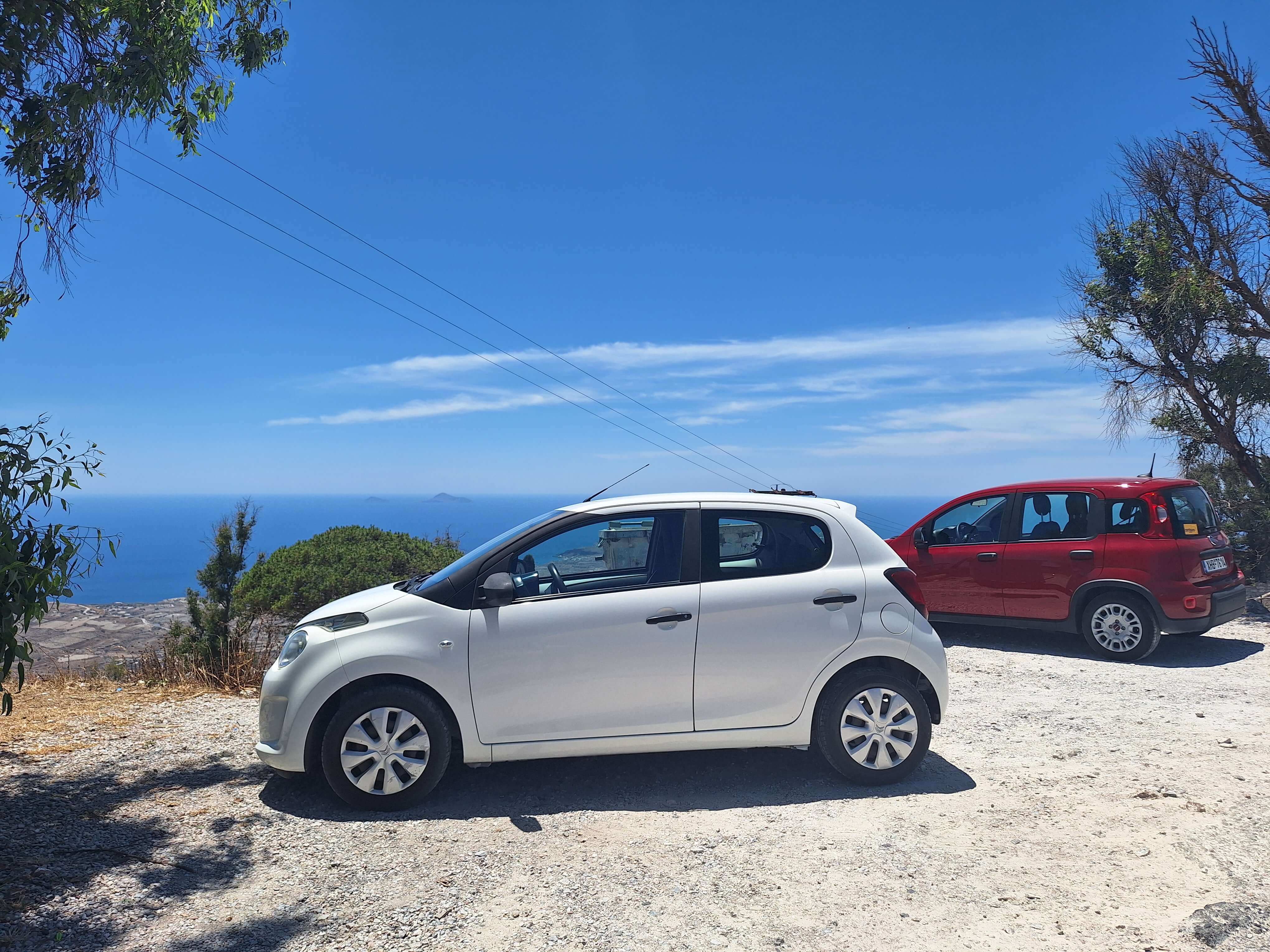Insurance doesn’t usually spark much excitement. Often, it’s an afterthought once trip planning is done. For some, travel insurance is a must-have; for others, it feels like an unnecessary expense. So, is travel insurance just a gimmick, or is it an essential part of trip planning? In this post, I’ll explore both the practical and personal reasons for purchasing travel insurance. Keep reading to discover which risks are worth covering and which ones you can skip without worry.
The Role of Insurance in Protecting Your Finances
The main idea behind insurance is transferring risk from the insured to the insurance company. It helps eliminate financial uncertainty by replacing potential future losses for a fee today. This is especially crucial for losses we can’t afford, like losing a house to a fire or flood. Such losses can be devastating, and insurance payouts can make recovery possible. Instead of facing a significant financial blow, it’s better to pay manageable monthly or yearly premiums. While these premiums may seem like wasted money when nothing goes wrong, they can be lifesavers in times of crisis.
But is insurance always worth it? Consider smartphone insurance. If you can afford to buy the phone, you can likely handle its loss. To evaluate whether smartphone insurance is worth it, look at how premiums are calculated. For instance, if you want to insure a $2,000 phone against theft and the chance of it being stolen is 5%, you might think the premium should be $2000 x 5% = $100. However, insurance companies also factor in operating costs and profits, so you will have to pay more than that. That’s why insuring against losses you can afford from a pure financial point doesn’t make sense. If you would like to read more around this, this blog post explains it nicely.
That said, people don’t always make purely rational financial decisions. Insurance provides peace of mind, helping you feel secure in case your phone is stolen. Knowing you’ll receive compensation for a stolen phone can help you feel more at ease. For this reason, purchasing insurance for smaller items is a personal choice—it makes sense for some but not for others.
Types of Travel Risks to Cover with Travel Insurance
Travel insurance protects against various risks associated with traveling. To help you determine what’s necessary and what isn’t, I’ve categorized the most common travel risks into three groups: necessary, worth considering, and extra.
Must-Have coverage
As I explained earlier in the post, it is essential to ensure against any losses you cannot afford. This encompasses both costs you couldn’t cover and the ones that you could but it would a big financial hit. What’s consider a big financial hit will depend on your individual circumstances but I’ll share here what would be considered such a risk here for most people.
Emergency Medical
Medical travel insurance is essential when travelling internationally because it covers unexpected medical expenses abroad, including hospital stays and treatment costs, which can be financially overwhelming. Additionally, some plans include coverage for pre-existing conditions but you always need to check if that’s the case if you have any pre-existing conditions.
However, medical insurance may not be necessary in countries where you have access to free state healthcare. For instance, EU citizens can receive free medical treatment in other EU member countries with an EHIC (European Health Insurance Card), which is free to obtain. UK citizens can use the GHIC (Global Health Insurance Card) for similar coverage. For more details on EHIC and GHIC, see this article by Allianz.

Keep in mind that this coverage isn’t as comprehensive as private insurance; it typically doesn’t cover private medical treatment or repatriation costs. Therefore, while not essential, having travel insurance in addition to your EHIC/GHIC is worth considering.
Personal Liability
Personal liability insurance protects you if you’re responsible for accidental bodily injury to someone or damage to their property.If you’re planning a relaxing holiday, the need for this coverage is low since the risks are similar to those at home. However, if you plan to engage in higher-risk activities like skiing or snowboarding, personal liability coverage is highly recommended. Serious accidents can lead to lawsuits and hefty compensation. You might have heard that Gwyneth Paltrow was sued for $300,000 after a ski accident in 2016. It’s important to check which activities are covered, as winter sports often require additional coverage, and motorized sports may be excluded altogether.
Collision Damage Waiver
Collision Damage Waiver (CDW) is important if you plan to rent a car or other motorized vehicle during your trip. CDW reduced your liability for damage if your hire car is stolen or damaged. You usually agree to an excess fee, meaning you’ll cover the cost of any repairs up to this amount. While CDW is often included in the rental fee, some smaller or cheaper rental companies may not include it. Without CDW, you could be liable for the full value of the vehicle, which can be very costly. Therefore, it’s wise to purchase this additional insurance to limit your financial responsibility.

Search and Rescue
Search and rescue costs are generally lower than the other risks mentioned above, though they can still reach several thousand dollars, especially for helicopter rescues. In some locations, search and rescue services are provided free of charge, so insurance may not be necessary. If you’re planning any mountain adventures during your holiday, be sure to check the local rules and consider purchasing search and rescue insurance if required. The same applies to winter sports; while some resorts include rescue costs in the lift pass, others may require you to purchase additional insurance.
Non-Essential, Yet Valuable
The second category includes smaller losses that could be managed without insurance but are worth considering to reduce stress while traveling.
Trip Cancellation
Travel insurance cancellation cover offers financial protection if you need to cancel your holiday due to unforeseen events. Whether booking a package holiday or planning independently, it’s important to consider cancellation costs. While booking refundable options provides flexibility, they can be costly and not always available. Even with refundable bookings, restrictions usually apply regarding when you can cancel.
Cancellation cover is not essential, but it’s worth considering. For example, if you fall ill the day before your trip, without cancellation insurance, you face the dilemma of traveling sick or losing all your holiday expenses. Traveling while unwell poses risks, and staying home with no chance of recovering your money adds to the disappointment. This is why trip cancellation insurance can save you from added stress.
Just keep in mind that for an insurance payout, you’ll need a valid reason for not traveling and supporting documentation, such as a doctor’s note. Always check your insurer’s requirements.
Car Hire Excess

If you plan to rent a car during your holiday, first check if Collision Damage Waiver (CDW) is included (see the section above) and what the excess will be if the car is damaged. This excess typically ranges from €500 to €2,000 in Europe, depending on the vehicle’s value. Note that CDW often excludes certain parts of the car, such as tyres, windscreens, and the undercarriage. Car hire excess insurance can cover these excess payments and may also include those excluded items.
While confident drivers might feel they don’t need this insurance, remember that you could be liable for damages to an unattended vehicle.
Car hire excess insurance is usually not included in standard travel insurance. You can buy it directly from the car rental company, but this option is often much more expensive—sometimes up to half the rental price. Alternatively, you can purchase it separately from an insurance provider at a lower cost. The price difference exists because, with a separate policy, you pay the excess upfront and then claim reimbursement from the insurer. While insurance from the rental company is convenient and eliminates the need for upfront payment, the savings from buying separately can be significant. Many car rental companies rely on customers being unaware of these cheaper options.
Optional Extras
Travel insurance packages often include various risks, such as baggage cover, travel delays, gadget coverage, baggage delays, loss of travel documents, personal money, and travel accidents. Typically, the payouts for these are small, and restrictions apply. For example, you might only receive compensation for a travel delay of 12 hours, and if your money is stolen, you must report it to the police within a specified timeframe. Many people don’t read the full terms and conditions and are unaware of these limitations. Given the effort required to make a claim, I don’t find it worthwhile for the small amounts involved. However, these optional extras are usually included in travel insurance policies, making it difficult to remove them to save money.
Key Factors When Choosing Travel Insurance
Once you’ve decided what you want to insure against, you can find a policy that meets your needs. Here are key factors to consider when choosing a policy:
- Limits: This defines how much coverage you have. Ensure the amount is sufficient for each category that matters to you. It’s not worth saving money on a cheaper policy with low limits in crucial areas like medical emergencies.

- Excess: This is the amount you must pay toward any insurance claim. An excess of under £100 per claim is common, but you can usually pay a bit more to have it waived entirely if you prefer.
- Exclusions: Several reasons may lead to a lack of coverage. For instance, more extreme activities are typically excluded from base policies but can often be added for a fee. You must declare any pre-existing health conditions, as medical emergencies related to them might be excluded. Additionally, there are standard requirements, such as maximum trip length, age limits, and residency requirements. Be aware that if you don’t purchase coverage in advance, it might not be available once your trip starts, or there may be a delay before it takes effect. Since it’s impossible to list all requirements, it’s best to check the details before making a purchase.
Key Takeaways on Travel Insurance
Understanding the various travel risks and corresponding insurance options is essential for protecting yourself during your travels. By identifying the coverage you truly need and recognizing which policies may be unnecessary, you can make informed decisions that provide peace of mind without overspending. The coverage you need will depend on your trip. Always ensure you have medical cover when traveling internationally. If you plan to engage in higher-risk activities, it’s wise to include personal liability and search and rescue coverage. For added peace of mind, consider trip cancellation insurance. However, you can safely skip coverage for smaller items like travel delays or baggage. Take the time to assess your specific needs and choose a policy that aligns with your travel plans, allowing you to focus on enjoying your journey.

